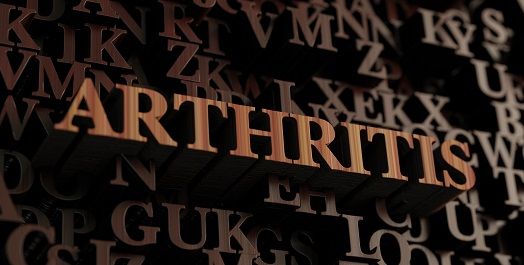Article
Rheumatoid Arthritis: Honing in on Roots of Inflammation
Author(s):
Advanced techniques allowed researchers to isolate T-cells involved in RA.

Calling existing rheumatoid arthritis (RA) treatments “blunt instruments,” the author of a new study believes his team’s work might light the path for developing new, more nuanced treatments for the painful condition.
The study led by Deepak Rao, MD, PhD, and co-director of the Human Immunology Center at Brigham and Women's Hospital, honed in on the role of T-cells in RA. Such lymphocytes have long been known to play a part in the joint inflammation associated with RA, but the researchers wanted to focus tightly on determining which T-cells subtypes were involved.
In their “disease deconstruction” efforts, the team analyzed synovial fluid samples from patients with RA using a series of processes. Multidimensional mass cytometry and RNA sequencing were used to isolate individual cells in the samples, hoping to definitively pinpoint which T-cells were involved in rheumatoid arthritis.
The work led them to “a markedly expanded population of PD-1hiCXCR5−CD4+ T cells.” A type of CD4+ or “helper” T-cells, it wasn’t their abundance alone that raised eyebrows.
"These cells don't adhere to the conventional view of helper T-cells, and that is really interesting," said Rao in a press release. In addition to their amplified presence, the study found that “these cells are not exhausted, despite high PD-1 expression.” Wired to locate inflammation within the body and stimulate B-cells to release antibodies: “PD-1hiCXCR5− ‘peripheral helper’ T (TPH) cells…express factors enabling B-cell help, including IL-21, CXCL13, ICOS, and MAF…TPHcells induce plasma cell differentiation in vitro through IL-21 secretion and SLAMF5 interaction.”
The work is believed to be one of the first detailed examinations of these specific T-cell processes.
The findings could be key, harkening back to Rao’s assessment of existing treatments, which he says “[block] components of the immune system in a non-specific, global way.” These treatments include the common monoclonal antibodies (MAbs): anti-tumor necrosis factor drugs, interleukin-inhibitors, and drugs designed to deplete B-cells. While they have varying levels of success in treating RA, they can often create other health problems by interfering with the necessary processes those cytokines perform in healthy individuals.
The researchers seek to deepen and expand their work, looking both to understand the signals that cause the cells to develop, whether or not targeting these specific T-cells could be a viable RA treatment, and finding out if they play a role in other conditions, including lupus and multiple sclerosis.
The new study, entitled “Pathologically expanded peripheral T helper cell subset drives B cells in rheumatoid arthritis,” was published online on February 1st by Nature, and was accompanied by a press release.
Related Coverage:
Potential Rheumatoid Arthritis Blockbuster Gets First Approval
Rheumatology Community Calls for Collaboration to Fight Arthritis Comorbidities




